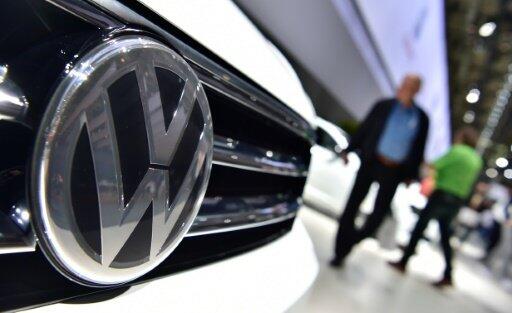Germany’s parliament on Thursday was to launch a probe into whether the government colluded in the engine-rigging scandal engulfing auto giant Volkswagen.
The special panel, set up in the lower house at the behest of the opposition Green and Left parties, was scheduled to begin its first meeting at 4:00 pm (1400 GMT).
German governments have traditionally had very close ties to the automobile industry which is one of the biggest employers in the country and one of its most important export sectors.
Given those links, critics have suggested that the government may have played a part in enabling carmakers to get around pollution regulations and skew the emissions data of their engines.
VW was forced to admit last September that it had installed sophisticated software into 11 million engines with the express purpose of duping emissions tests.
The global scandal triggered by the revelations has come to be known as “Dieselgate”.
Oliver Krischer, deputy faction chief of the environmentalist Green party, accused the government of an “organised failure … making it possible for an entire industry to participate in the trickery and fraud.”
“We want to know why the government looked the other for so long, even though there were lots of indications that cars were exceeding emissions limits on the road.”
The head of the committee is Herbert Behrens, a member of the Left party.
He said he wanted to ascertain whether the industry had aggressively lobbied for legal loopholes.
The committee is scheduled to wrap up its work before next year’s general elections.
But it is only expected to start questioning witnesses and experts in September after the parliamentary summer recess.
“Transport Minister (Alexander) Dobrindt will certainly be called as a witness, as will a lot of others, including several VW management board members,” another committee member Dirk Wiese told the daily Saarbruecker Zeitung in an interview.
Dobrindt has already conducted an investigation into diesel engine emissions, which revealed “irregularities” in 16 different car brands when it was published in April.
But those findings “raise more questions than they answer,” said committee chief Behrens in an an emailed statement.
“The real work to get to the bottom of this begins today,” he said.
Source: Expatica











